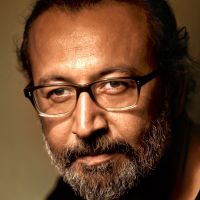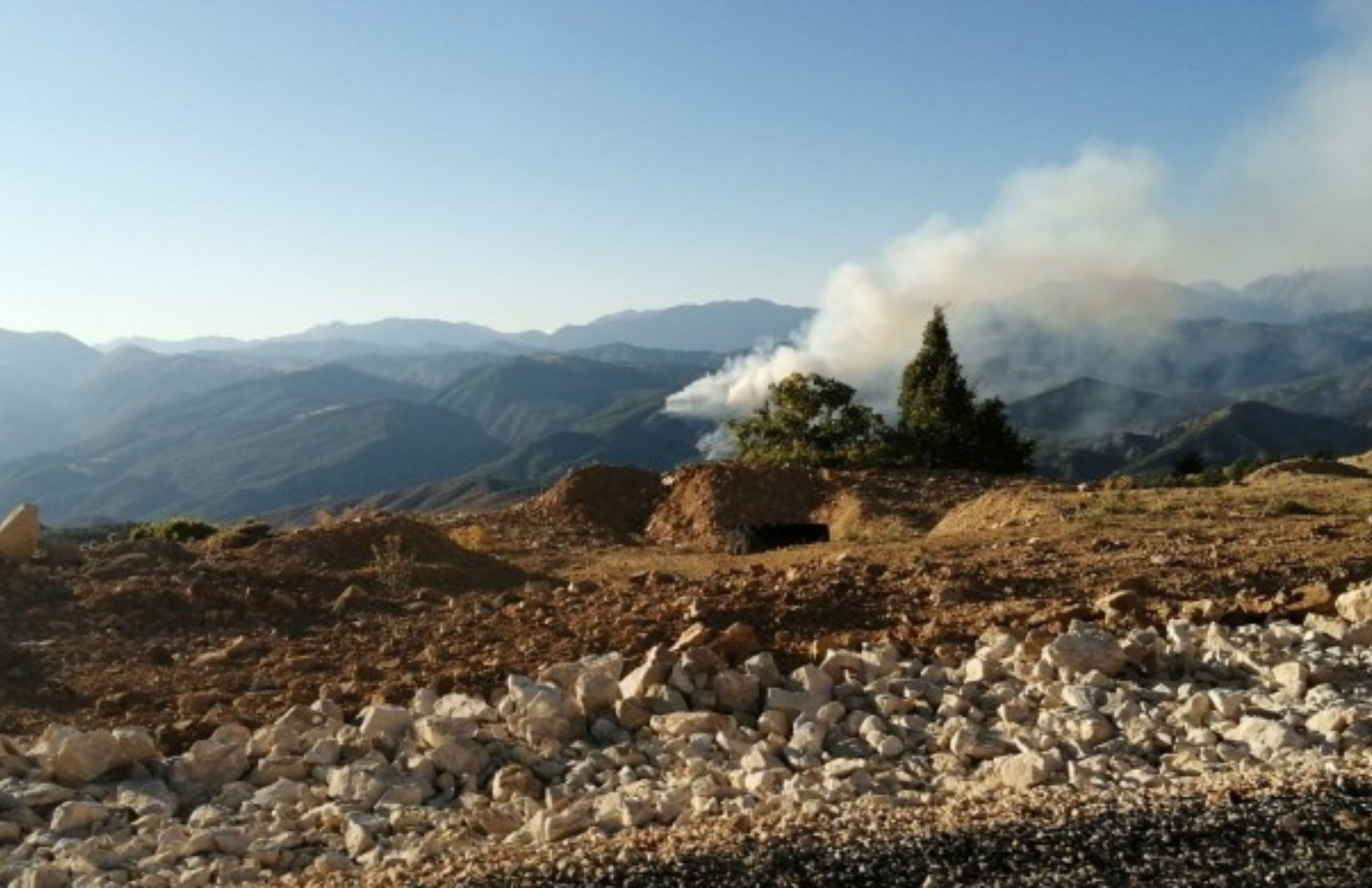Ekinci spoke to bianet about the declaration published by 21 institutions including the pro-Kurdish Democratic People's Party (DEHAP), Asrin Law Office and the Kurdish Institution, and which was published in the "Ulkede Ozgur Gundem" (Free Agenda in the Country) newspaper. The declaration stated, "The Kurdish problem cannot be solved by ignoring the role of Abdullah Ocalan."
The declaration is ambiguous, according to Ekinci, who thinks the demand for Ocalan's retrial at an international court is baseless.
"No solution without Ocalan"
"Some in Turkey are trying to get the Kurdish politicians to agree to a solution without Ocalan," states the declaration.
"The Kurdish problem cannot be solved by ignoring the role of Ocalan."
The institutions, in their declaration titled "To our Public" called on everyone to raise their voices "for the retrial of Ocalan by a fair, objective international court."
"Ocalan is being presented as the sole representative of Kurds"
The text of the declaration only focuses on two issues, said Ekinci. "It demands that Ocalan is retried and acquitted by an international court and that he is able to pursue a political career."
"Ocalan is being presented as the sole representative of the Kurdish people," he added. "The declaration calls for him to be accepted as a leader and demands that the Kurdish problem is solved through negotiations with him. That's the essence of the declaration."
The declaration says: "Ocalan has likened such practice to a theatre-play and rejected them, and has launched an important action by stating he would not be deceived." Ekinci said this sentence is vague adding:
"It is not clear how Ocalan, who is imprisoned in Imrali, has rejected isolation and how he launched an action. In a one-man prison, you may, for example, go on a hunger strike to protest isolation, write a letter to the prison management or make a statement to the public. The declaration doesn't make clear what Ocalan has done."
"A democratic struggle isn't being stipulated"
According to Ekinci, the declaration also says that the statement by Turkish and Kurdish intellectuals calling for peace was inadequate and not enough to convince the PKK to disarm.
"PKK's practices, and the declaration by DEHAP and its political likes, do not comply with the perspective of a struggle for a democratic republic," said Ekinci. He added:
"Ocalan, during his testimony at the trial, apologized from the public, said he trusted the court of law and added he desires the Kurdish problem to be solved democratically."
"A democratic solution calls for a political struggle. The declaration doesn't say how this political struggle will be carried out. The proposals in the declaration don't comply with universal democracy norms."
"They should explain how the marginal democracy approach pursued by mainstream parties would be overcome. If it will be solved, as Ocalan mentioned during his defense statement, it should be explained what forces will be put into effect to solve it."
"The demand for an international court is baseless"
"They need to explain the legal rationale for Ocalan's retrial at an international court," said Ekinci. "It isn't sufficient to demand this."
"There are ways to go to an international court. The Rome Statute of the International Crime Court determines those ways," he added.
"There are conditions for an international court to take up a case... The writers of the declaration need to come up with something to open the way for the international court to lay its hands on the trial."
"They should explain the rationale"
Responding to the question of what kind of an effect the declaration would have on the Kurds, Ekinci said: "It's impossible to know the Kurdish people's approach to the issue. We see that some chant slogans in support of Ocalan at protests and have a certain sympathy for him. But I don't know how strong and widespread this attitude is."
Ekinci called on those who signed their names on the text to base their demands on legal and democratic grounds and put forward objective rationale.
Clashes are on the increase
The clashes, which mostly occur in the eastern and southeastern Turkey, are on the rise. The General Staff has announced that a total of 114 Turkish soldiers died in the last 13 months. Fifty-four of them died because of land mines.
The People's Defense Forces (HPG) said 114 Turkish soldiers and 10 PKK/Kongra-Gel guerillas were killed in a total of 44 operations in June.
Murat Karayilan from Kongra-Gel criticized European Union Commission Turkey Representative Hans Jorg Kretschmer for calling on Kurdish politicians to "be distant from PKK." "Abandoning PKK and Ocalan would be accepting slavery," Karayilan argued. (KO/EU/EA/YE)





